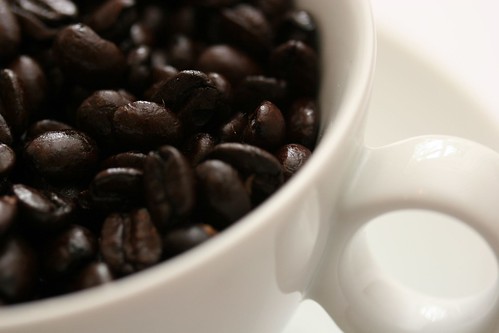I think another aspect typical of inerrantist approaches to the Bible interfered with communication in a recent discussion of the subject of “literalism” in the comments on an earlier post. There I asked about the specific meaning, in context, of Matthew 16:28. One commenter kept trying to turn the discussion onto the breadth of possible meanings of “kingdom of God”. Thinking about why this happened, I suspect that this commenter may have been substituting (consciously or unconsciously) Mark’s version of this saying, found in Mark 9:1, where it says that some standing there will not taste death until they see the kingdom of God come with power. Matthew’s version, on the other hand, specifically mentions the coming of the Son of Man, and is thus less open to interpretation as something other than a reference to the “second coming”.
One of the ways literalism/inerrancy keeps its plausibility is by either choosing one version of a saying or story that is multiply attested in the Bible, or by blending several versions of the same story. By doing so, discrepancies and tension seem to disappear. The cost, alas, is that the specific voice of a specific author (in this case Matthew) can scarcely be heard. Instead of the Gospels of Matthew, Mark, Luke and John, the letters of Paul, and other unique perspectives from early Christianity, inerrantists tend to offer their own “special blend”, in which the flavor of one or none of these writings actually comes through clearly.
 I invite readers used to reading the Bible in this way to pour themselves a cup of pure Arabica (or some other specific coffee that isn’t blended – your choice) and take a specific Gospel and see what it does and doesn’t contain, without always bringing in details from other Gospels. Let each voice get a hearing! You’ll enjoy more any future blend you make, if you can distinguish the different flavors that contribute to it.
I invite readers used to reading the Bible in this way to pour themselves a cup of pure Arabica (or some other specific coffee that isn’t blended – your choice) and take a specific Gospel and see what it does and doesn’t contain, without always bringing in details from other Gospels. Let each voice get a hearing! You’ll enjoy more any future blend you make, if you can distinguish the different flavors that contribute to it.












